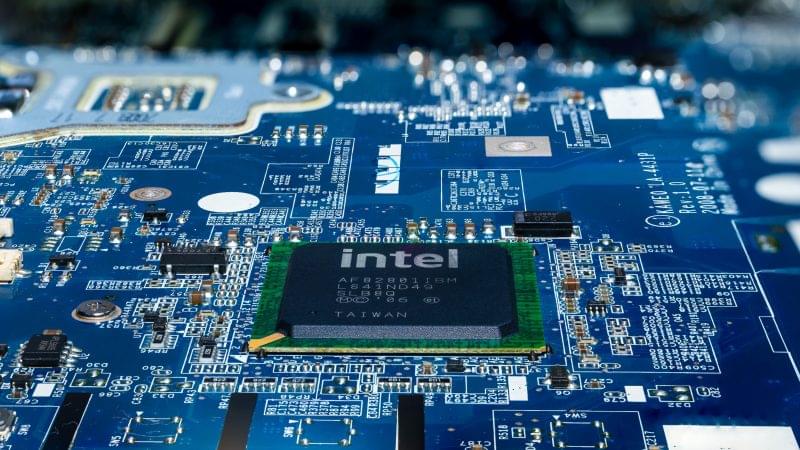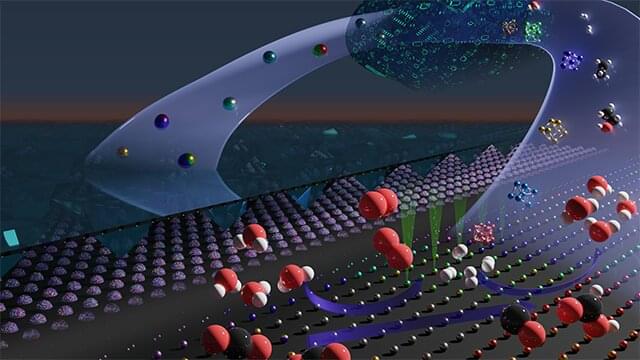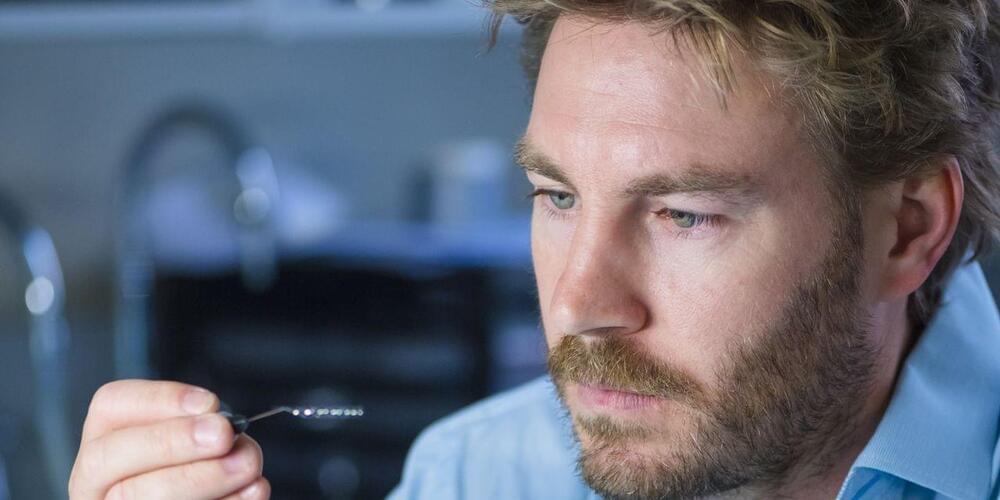Tiny amounts of artificial noise can fool neural networks, but not humans. Some researchers are looking to neuroscience for a fix.



It’s probably in this weird particle.
In a recent study, scientists say they can explain dark matter by positing a particle that links to a fifth dimension.
While the “warped extra dimension” (WED) is a trademark of a popular physics model first introduced in 1999, this research, published in The European Physical Journal C, is the first to cohesively use the theory to explain the long-lasting dark matter problem within particle physics.

Europe will soon produce a strategically vital component in the modern global economy as US semiconductor giant Intel chooses the site for a new cutting-edge chip factory.
Recent problems in global supply chains have highlighted the fundamental importance of semiconductors, which are used in a growing number of products including cars, TVs and smartphones.
Keen demand and the closure of semiconductor plants, particularly in Asia, due to pandemic disruptions led to a global chip shortage and forced car manufacturers such as Ford, Nissan and Volkswagen to scale back production.

WILLIAMSBURG, Va. (WTKR) — Habitat for Humanity made the first 3D printed home in the U.S. for a woman in Virginia.
“To have a home right before Christmas is really, really exciting,” homeowner April Stringfield said.
In July, crews broke ground on the 1,200-square-foot, three-bedroom concrete home.

Australian researchers have struck a deal to commercialise a new next-generation graphene material they say could unlock cheaper and better performing lithium-ion batteries.
Researchers at the ARC Centre of Excellence for Electromaterials Science (ACES), based at the University of Wollongong, say they have discovered a new form of graphene, called ‘Edge Functionalised Graphene’ (EFG), which is both highly conductive and processable for use in a range of electronics.
This includes lithium-ion batteries, with the innovative graphene material promising to improve the efficiency and lower the cost of battery technology used in energy storage devices and electric vehicles.

Scientists and institutions dedicate more resources each year to the discovery of novel materials to fuel the world. As natural resources diminish and the demand for higher value and advanced performance products grows, researchers have increasingly looked to nanomaterials.
Nanoparticles have already found their way into applications ranging from energy storage and conversion to quantum computing and therapeutics. But given the vast compositional and structural tunability nanochemistry enables, serial experimental approaches to identify new materials impose insurmountable limits on discovery.
Now, researchers at Northwestern University and the Toyota Research Institute (TRI) have successfully applied machine learning to guide the synthesis of new nanomaterials, eliminating barriers associated with materials discovery. The highly trained algorithm combed through a defined dataset to accurately predict new structures that could fuel processes in clean energy, chemical and automotive industries.


All 18 COVID-19 patients hospitalized with moderate or severe symptoms who were administered the drug Amor-18 developed by Israeli biotech company Amorphical in a phase II clinical trial recovered and were discharged in a few days, the company announced Wednesday. Of the 19 individuals who were given a placebo, six had to be transferred to intensive care, and two died.
All 18 hospitalized individuals administered the treatment developed by Israeli biotech company Amorphical in a phase II trial recovered and were discharged in a few days.
When three is not enough.
Israel has announced a fourth dose of the COVID-19 vaccine to people older than 16. The additional dose will be given to senior citizens, medical workers, people with suppressed immune system.
#Israel #COVID #ImmuneSystem.
About Channel:
WION-The World is One News, examines global issues with in-depth analysis. We provide much more than the news of the day. Our aim to empower people to explore their world. With our Global headquarters in New Delhi, we bring you news on the hour, by the hour. We deliver information that is not biased. We are journalists who are neutral to the core and non-partisan when it comes to the politics of the world. People are tired of biased reportage and we stand for a globalised united world. So for us the World is truly One.
